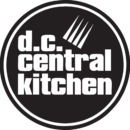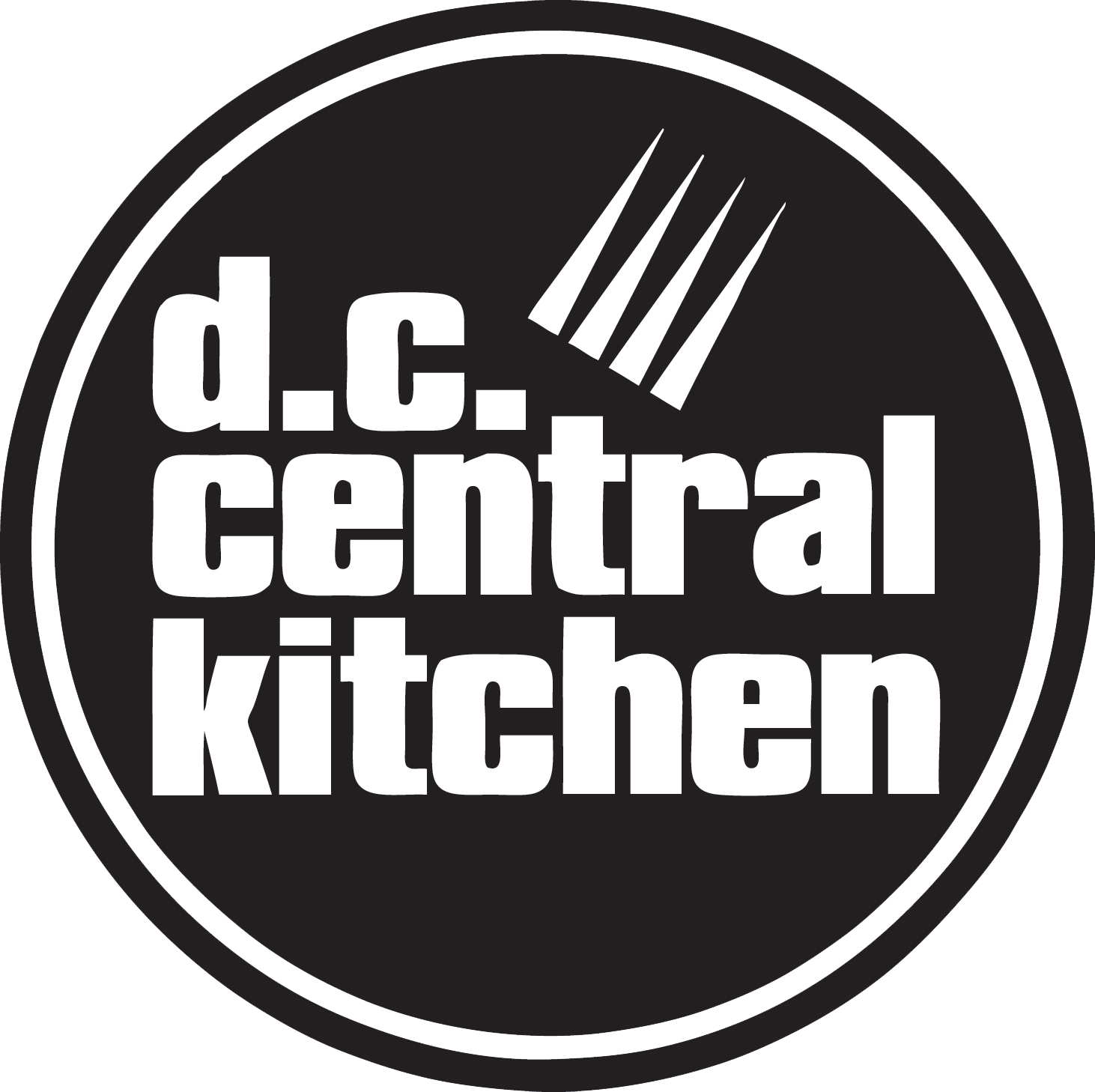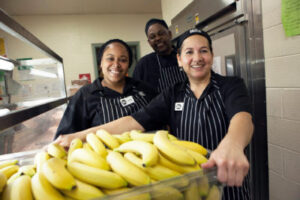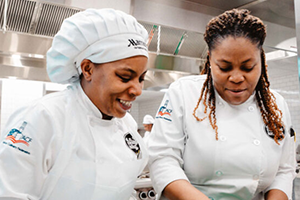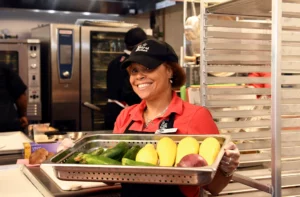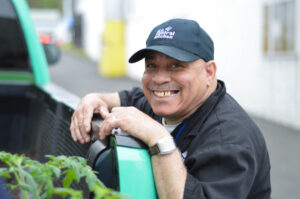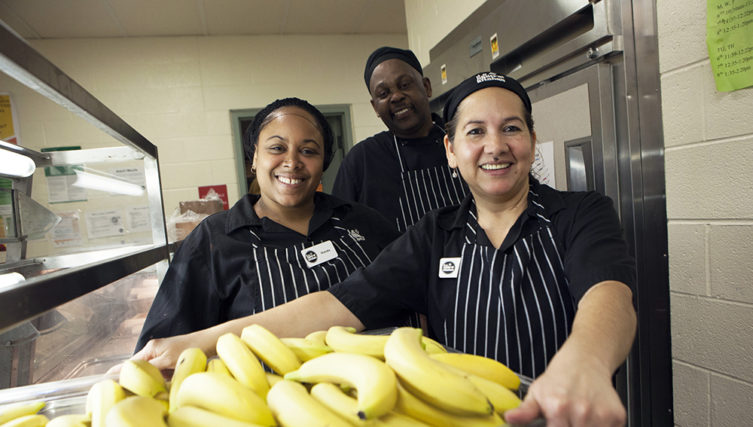DC Central Kitchen’s founder and longtime leader Robert Egger was known to end conversations with the quip “good business” to indicate how we don’t view our work as charity. Our work is creating stronger, cleaner, safer, more vibrant and more equitable communities. Our work has tangible, measurable impact. But how do we quantify it?
For us, success isn’t just the number of meals we provide to frontline nonprofits – success is reducing the social and economic burden of hunger, which costs American taxpayers $90 billion per year[i].
And success isn’t just the pounds of food we recover from wholesalers and farmers – success is reducing the resources, both financial and environmental, that society spends on food that never gets consumed, estimated at $218 billion per year[ii].
Success isn’t just providing DC Public School students with satisfying cafeteria options – success is creating a healthier next generation so that one day, the American healthcare system won’t spend $147 billion per year on obesity and diet-related illnesses[iii].
Success isn’t just providing job training to adults with high barriers to employment – success is our students increasing their annual earnings by $1.19 million and contributing upwards of $450,000 in payroll, social security, and sales taxes during their first year after they graduate.
That’s why, as we mark our 30th anniversary and look towards the impact we intend to create over the coming 30+ years, we’ll be talking about our work a little differently.
In the private sector, “return on investment” is a common metric used to describe the success of a financial investment. As a mission-driven social enterprise, we’ll be sharing our “social return on investment” that demonstrates the economic value of the social impact we create.
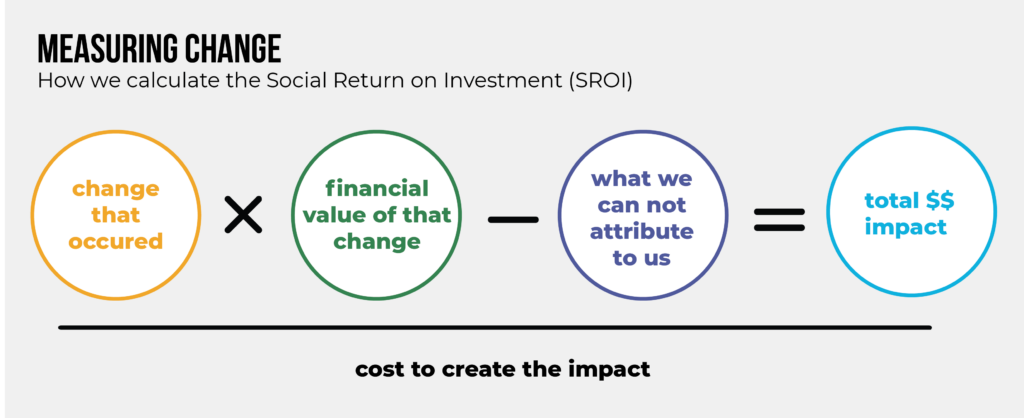
By combining our internal data with open data and evaluation findings put forward by the Robin Hood Foundation, Economic Mobility Corporation, REDF, Social Value Bank, the Brookings Institute, the Bill and Melinda Gates Foundation, and others – we calculated the value of DC Central Kitchen’s social impact in 2018 to be $71.8 million.
That $71.8 million means that every $1 invested in DC Central Kitchen creates $4.48 in measurable social, environmental, and economic benefits. That $71.8 million is creating stronger communities.
A few of our key social impact metrics for 2018 include –
- By helping unemployed adults re-enter the workforce, we created $7.8 million in value.
- By preventing one million lbs of food from ending up in landfills, we created $4.5 million in value.
- By helping low-income shoppers eat more healthfully, we created $2.3 million in value.
- By preparing farm-to-school meals that nourish schoolchildren allowing them to better focus in school, we created $15.9 million in value.
- By sourcing good food directly from local farmers, we created $988,234 in value.
- By teaching children and adults how to make healthy eating choices, we created $612,588 in value.
- By operating a job-creating social enterprise that purposefully creates job opportunities for adults who have faced and overcome barriers to employment, we created $23.5 million in value.
This robust evaluation isn’t one that will just live in a report on a shelf. Moving forward, we intend to use this analysis to ensure that our programs are creating the most social impact per dollar we spend. We plan to report back to our stakeholders – our clients, donors, students, volunteers, policy makers, and community members – the social and economic gains produced through their time, energy, and commitment to fighting hunger.
Because fighting hunger differently? That’s good business.
—————————————————————————————————————————————–
[i] “The Economic Cost of Domestic Hunger.” Sodexo StopHunger Foundation. Available at https://www.issuelab.org/resource/the-economic-cost-of-domestic-hunger-estimated-annual-burden-to-the-united-states.html
[ii] “The Multi-Billion Dollar Food Waste Problem.” ReFED. Available at: https://www.refed.com/?sort=economic-value-per-ton
[iii] “Adult Obesity Causes & Consequences.” Center for Disease Control and Prevention. Available at: https://www.cdc.gov/obesity/adult/causes.html
